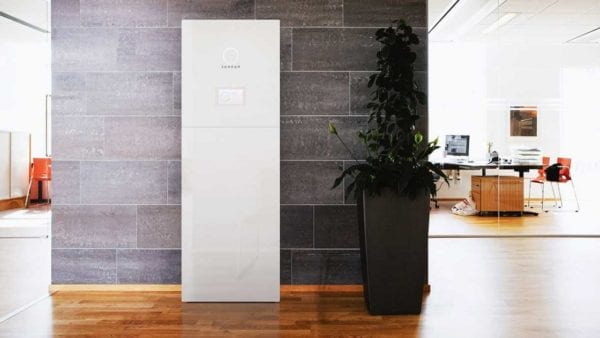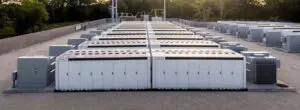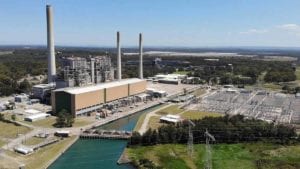Royal Dutch Shell says it expects to lay down a substantial challenge to Australia’s major power utilities within a decade, focusing on the power trading business and providing services to customers wanting solar, storage and electric vehicles.
The plans signaled by one of the world’s biggest oil and gas companies highlight the looming threat to Australian energy incumbents, not just by the switch of technology, but also of the emergence of new players in the market.
Big Australian gen-tailers might have been expecting competition from a telco, or a retail-focused company like Google or Amazon, but the threat from the likes of huge companies like Shell is of another scale.
Maarten Wetselaar, the head of Shell’s Integrated Gas and New Energies division, said last week that Shell expected to be the biggest power utility in the world by the early 2030s.
On Monday, he confirmed that this will include Australia, and would involve a major push combining its energy trading business, and the solar, storage, EV and software businesses.
“I will be disappointed if we don’t have an integrated power business in Australia in the course of the decade,” he said at a Bloomberg presentation in Sydney.
“And if we are going to have it, it might as well be substantial.”
The utility envisaged by Shell, however, is likely to be different to the current utilities as we know it, and will be driven by the oil major’s own fear of mortality as consumers switch from transport fuels to electric vehicles.
“The plan is to get really good at the provision of electrons, both to retail customers and to commercial and industrial customers,” he said.
“In 20-25 years time, the only source of energy that you (the customer) will be using is electricity, to heat or cool your house, for your mobility, for anything you need.
“All light industry will be electrified.
“For us to remain relevant, if we are no good at low-carbon power, we will lose our customer face business. That would be a shame because we are really good at it.”
Wetselaar’s prediction that all consumers will focus on electric is particularly interesting, given the hopes that Shell has for its own gas business, but it sees a lot of growth in industrial and other users in emerging countries.
It does highlight, however, the speed with which Shell expects the transition to occur in electric vehicles, and in the provision of home energy, and all based around renewable resources and storage.
It is for this reason that Shell has invested in the likes of German battery storage maker Sonnen, several electric vehicle charging companies, and the UK-based First Utility, which has given the company its first taste of selling power and energy services, rather than petrol, to retail customers.
“Customers will want their own decentralised power plant in their house – solar panels on the roof, batteries in the basement and sensors around the house to optimise their usage,” Wetselaar says.
“We think there is value to be had on the generation side, the solar farms, wind farms and storage solutions, and the ways with which gas can plug the gaps.
“You add in the customer side …and trading in the middle…. and you can make value in all three bits and then you make some value by connecting all three.”










